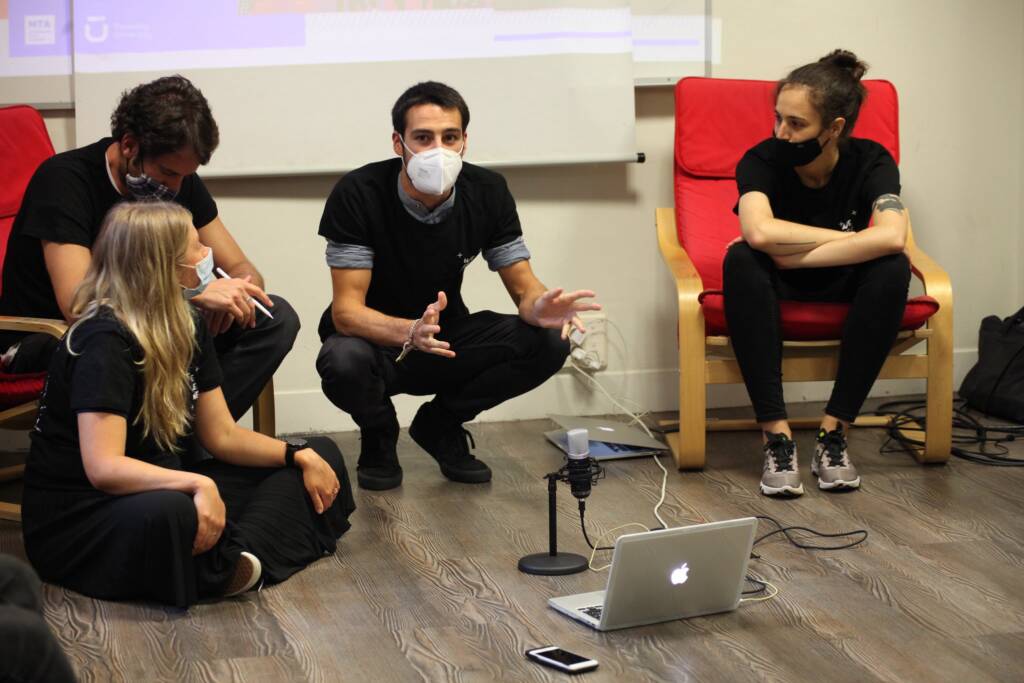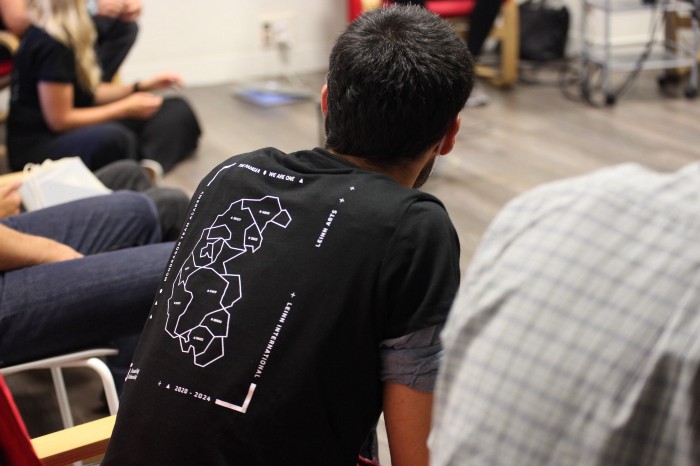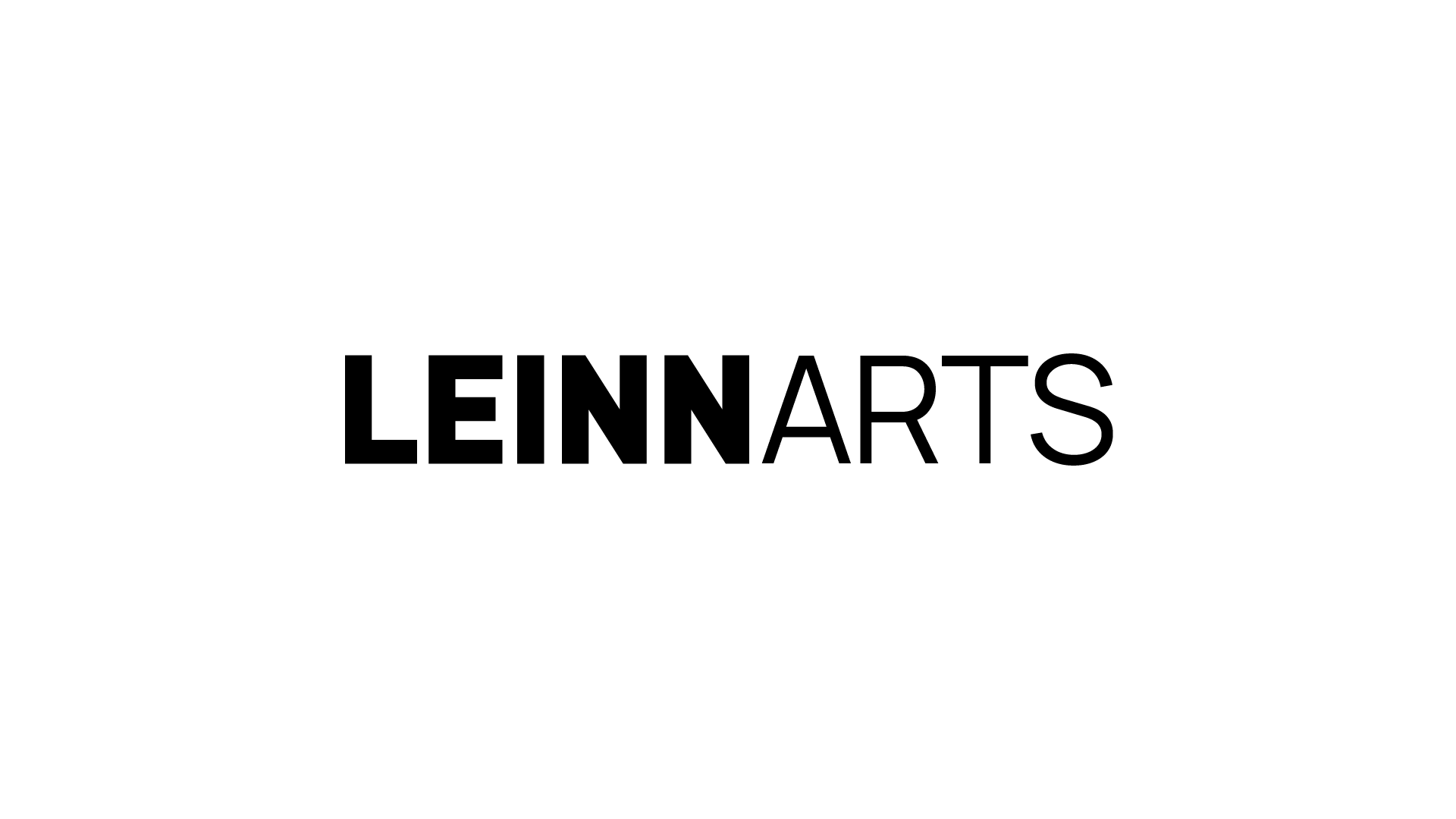As an atypical industrial engineer not that keen of technical details I have had the opportunity to work on very different working fields and countries. This personal and professional trip, forced me to dive into land ownership contracts in Chile, business meetings about the technical details of measuring systems for renewable energies in Sweden, conversations with Japanese customers to share specific details about grinding machines for plane rotors and partnership negotiations with Danish laboratories.
Last year, I landed as Team Coach on Travelling U. (Tazebaez Coop). To work on a cooperative that dives into disruptive education to foster team entrepreneurship (and cooperatives) and at the same time participates on projects based on blockchain to promote value sovereignty, care work, commons and distributed cooperative organizations sounded as an amazing challenge.

Now, as a team coach, I must look back, collect all the experiences that had value in the past and transform them into ideas that help the young entrepreneurs develop their business projects and of course, push their learning process.
And so, I realized once again, that technical skills and knowledge are key to build new business ideas and products that have a strong value proposition. But after all, I realized that the technical part was the simplest chub of the story. And maybe, the hardest and most important learnings and skills are the ones that are left out of books.
In the following lines, I would like to talk about some personal learnings I had on my life and that I believe, are part of the everyday learning process of the LEINNers.
Culture matters
While I was working on a big industrial cooperative I had customers from all over the world. At some point, I was having calls and emails with engineers from the United States, plant owners in Mexico, technical engineers in Japan and suppliers in Germany.
One day, my boss came around to have a talk about my emails and the following business trip that I was going to do to Japan. Suddenly, I received a master-class about Japanese culture and understood how vital was for them to maintain some signs of respect. For example, the greetings of the emails had to contain “–san”. Besides, at our arrival to their plant we had to salute first the person with the highest position on the team and sit on a concrete position of the meeting room. To skip these rules was a lack of respect and of course, could affect our relation with the customer and thus, the course of future negotiations.

The Team Company (company created by LEINNers) I work with, has 14 young entrepreneurs from 10 different nationalities. As you can imagine, the misunderstandings and conflicts arise for many reasons on the daily activity and culture is a clear element on this puzzle. Working with books, such as, The Culture Map (Erin Meyer) always help us analyze ourselves and understand our teammates and therefore, we use it as a base.
However, I clearly see that sitting around the table, dialoging on an honest way and explaining our feelings and understanding of our reality is a much stronger tool, which in this case, luckily is on their hands. Sometimes, I sit back on the chair of our office and think how fortunate they are of having these crashes and frustrations every day.
I believe that the empathy that arises with the time will give them a better understanding of the world and the tools to manage different conflicts on their personal/professional future. I hope that with this tools, our young generations will be able to face the future world challenges on a more humane way.
Interpretation of the reality
As I mentioned before, once I was sitting in front of the director of a laboratory in Denmark. We were both interested on having a partnership. For us, it could be the first big pilot project and source of revenues. For the Danish lab, a collaboration that could open a new business line and a step on the internationalization of their business.
So there I was, after several online meetings and conversations, sitting on a humble Danish laboratory meeting room with my sweaty hands. Our approach was very aggressive and we were asking them to assume the whole costs of the first blood analysis (100.000€ market price), while we were providing a very raw digital platform that we developed and some specific knowledge to interpret the results of these analysis.
The idea was clear on my mind. If it worked, I believed that we could be pioneers on a market that is about to grow massively and so, I explained the plan clearly to our potential partner.
After the proposal, he stayed quiet with a lost look during one or two minutes (although they felt as hours for me). At the end, he agreed. The pitch had worked although it was a daring proposal. Clearer than ever, I understood the power of the word and a strong pitch. I also, got to understand how important the strategic partners are, as well as, providing them with a shared business strategy that will be a win-win for both parts.
I had to experience this already when the cost of failure was really high and luckily, this time it worked, but we all know that it could be the other way round.
On LEINN International degree, customer visits are a must on the everyday life of the LEINNers, understanding that they are one of the main sources of knowledge. They will give hundreds of pitches during the four years, developing the skills to understand the needs of the customers and partners, modifying the strategy from pitch to pitch and learning about negotiations.
Week by week, I can see how LEINNers understand better the type of discourse they have to build, how their voices trembles less and how they feel more confident about their own projects and ideas pivoting on the feedback they receive on every pitch they do.
It is not just the fact of feeling more secure about themselves, which is very important, but also to gain the capacity to interpret the different realities they face and act in consequence.
Self-leadership and the culture of commons
Used to traditional learning methodologies, I mainly understood the knowledge as something unidirectional and not as something based on the doubt or the question. In the university, everything was quite structured for us and even if we had to work hard to find the solutions to the thermodynamic and mechanic exercises, as well as, organize ourselves for the exams period, I felt the learning process as monitored and coming from “above”. Later, during my professional life, I had to learn to differentiate between priorities and urgencies, tools to organize tasks and keep the customers happy on stressful periods.
When the first year of the degree began, I could see all the LEINNers as lost as motivated at the same time. They are told from the very beginning that in LEINN they are the ones that will guide themselves and their learning process. Of course there is some structure, and the coaches are there to introduce different ingredients and generate a framework where they can learn. However, the jump from a vertical education model where we are used to receive orders and follow a unique path to a model with freedom is… scary. (At the end, maybe Erich Fromm was right when he said that we are afraid of freedom?)

This freedom asks for responsibility and, as in any process, there are ups and downs, steps ahead and steps backwards. Nevertheless, day by day, I can see how they are managing to know themselves better, balance their own needs with the ones of the team and in short, to mature.
As it can be seen, this process itself is based on freedom and trust, while there is accompaniment and support to make everything happen and boost their learning process. And if we think it, isn’t this the way many of us learned the most important things on life?
The sea of empathy drinks from many rivers — Dialogs and communication
Communication is key. This is a sentence we hear everywhere. It does not matter whether we are talking about our colleagues in the office, our friends or family. I admit that this is a lesson that has taken me a while to put in practice and, as with many of the other skills, I keep pushing myself to improve, as there is big room for it. I believe that to improve ourselves on this field requires time, self-understanding and many “crashes” with others, but it’s worth it.
Working with the book Non Violent Communication (from Marshall B. Rosenberg) I reaffirmed that showing ourselves vulnerable is the first step to connect with others, and this, is a really hard step to give for many people. Most of the conflicts that I have seen during my personal and professional life, come from the difficulties that involve to empathize with the person we have in front, to really listen to what he/she needs. In other cases we may lack the capacity to express our needs in the correct way.
As you can imagine, besides of having so many different cultural backgrounds we also count with LEINNers with very different socioeconomic situations and this, inevitably asks for maturity and empathy at the time of working hand to hand. I think, this allows us also understand our privileges, the importance of the teamwork and to develop a sense of responsibility towards others.
Working as team entrepreneurs, LEINNers are forced to dialogue, express their ideas in such a way that the team understands them and at the same time to be honest with themselves. This, of course, many times brings a feeling of frustration, anger and misunderstandings, but we keep craving and from what I see, with the time pressure is released and step by step we all learn from each other and understand how complex the reality of each of us is.
Future challenges
Many times, surfing on the net I read messages that preach about the type of professional we will need on the future market. I claim that we should go a bit further, have a more holistic view and understand that the type of humans we should educate for the future are more than some analytical skills or knowledge on technologies (although I believe, this knowledge is vital and may also lead us to many social improvements, if used in the correct way). Even more, considering the huge challenges that humanity is facing nowadays and will have to confront as one.
Therefore, I would like to change this question to “what type of humans we need for the future of our society?” and I am glad to see that day by day, more people agrees on the importance of the skills and values that I mentioned above, and frequently, are left out of books.

